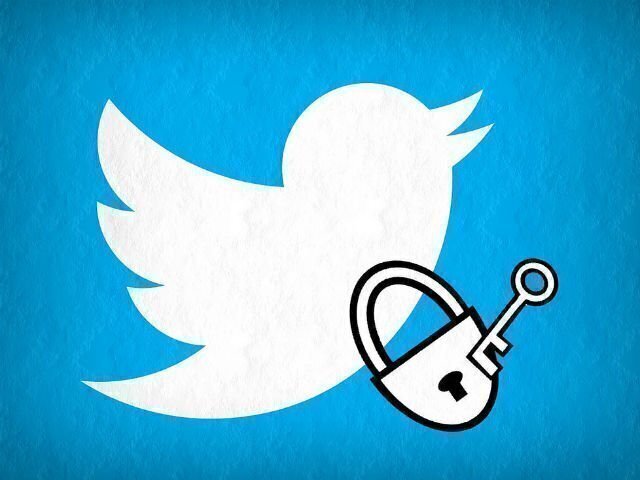Constitution Daily Blog
Speech and Press Clause
Can politicians block negative comments on their social media accounts?
The surging popularity of social media is testing one of the most basic constitutional rights: the public’s ability to criticize…
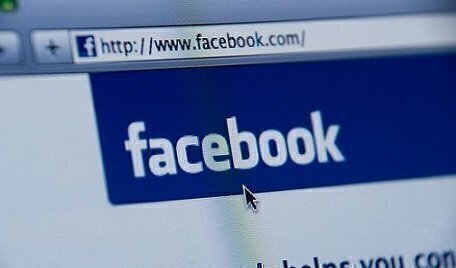
Is high school student speech protected on social media?
In the wake of last week’s National Walkout Day, students involved in sanctioned and unsanctioned demonstrations are voicing…

Public school student free speech: A primer
Organized protests this week at public secondary and high schools related to the Parkland shooting have raised several…
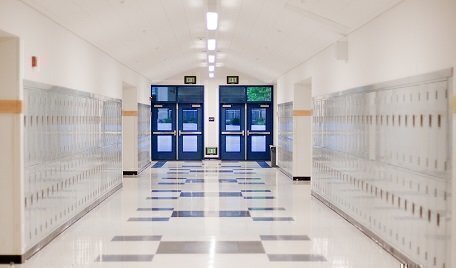
The campus and the Vietnam War: protest and tragedy
This is the third article in a Constitution Daily series on the constitutional legacy of the war in Vietnam, with each article…
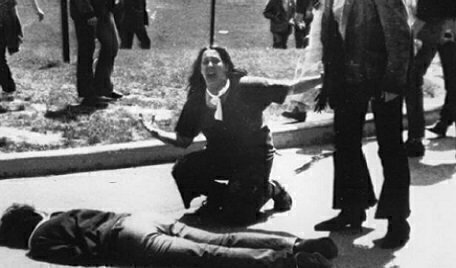
The First Amendment and restricting professional athlete protests
The current debate over pro sports athletes’ symbolic protests in public arenas touches on some basic First Amendment…
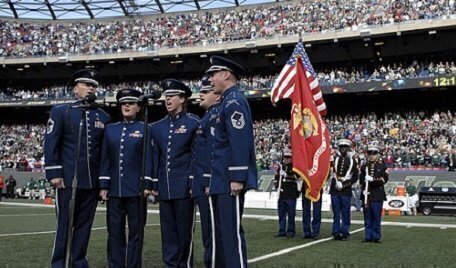
The boundaries of free speech at public colleges
When and where can students and members of the public express their free-speech rights at public universities? These First…
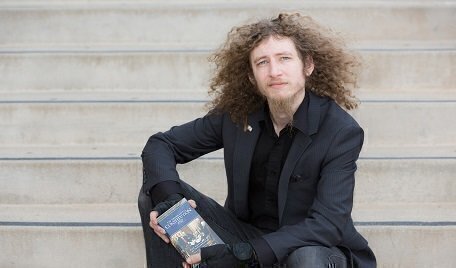
Three Supreme Court cases involving the Ku Klux Klan
Violent public demonstrations involving white supremacists and counter-protesters in Virginia last weekend are driving a lot of…
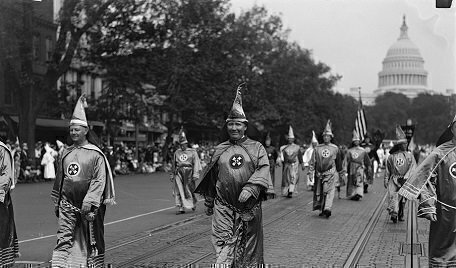
Interactive Constitution: The meaning of free speech
In this essay from the National Constitution Center's Interactive Constitution project, Geoffrey R. Stone and Eugene Volokh…
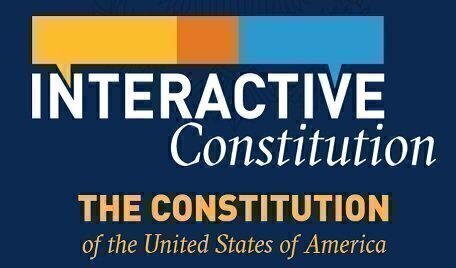
West Virginia v. Barnette: The freedom to not pledge allegiance
On June 14, 1943, the Supreme Court ruled that public school students cannot be forced to salute and pledge allegiance to the U.S.…
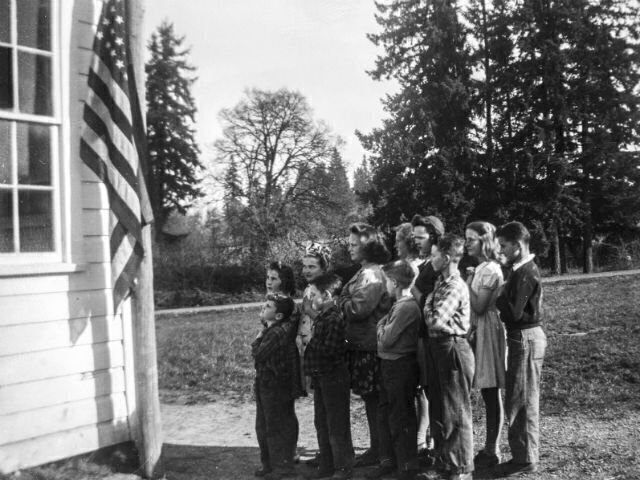
Can President Trump block people on Twitter?
One legal group says that's a violation of the First Amendment.
